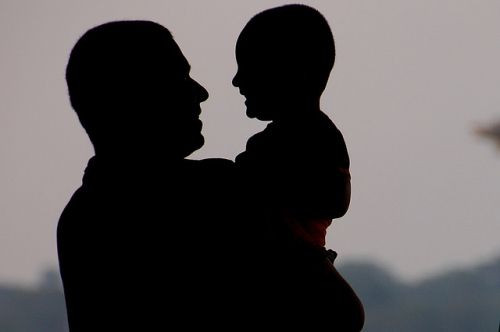Growing Trend of Overly Protective Parents Means More Kids With Anxiety Disorders

More and more middle-class children are developing mental health problems as an increasing number of risk-averse parents are raising them "in captivity," a leading psychologist warned.
Professor Tanya Byron told SecEd magazine that young people are raised in an increasingly "paranoid" culture that aims to protect them but leaves them unable to deal with life's challenges.
Byron said that she has been treating a growing number of children with anxiety disorders who lack "emotional resilience" and who are afraid of failure.
Byron, who was a clinical psychologist for 23 years and featured on the BBC series House Of Tiny Tearaways, said that these overprotected children were "breaking down" even though they were "bright" and were not brought up in households that "predict a greater chance of them having emotional, psychological or mental health problems".
"There is a real concern that we have a generation of children and young people who are lacking massively in emotional resilience," she said.
"Children are being raised in captivity," Byron said.
"When was the last time you saw a kid out enjoying themselves on their bike? Children are not really encouraged, supported or taught how to assess, take and manage risk and I think that it is developmentally catastrophic for them," she said. "Risk-taking is seen as a very dangerous thing and to be avoided at all costs."
Byron said the rising protective "risk-averse culture" was actually harming children.
She explained that in the past top scientists and entrepreneurs achieved success because they "messed up" at some point in their lives and learned from their mistakes.
However, she said that the current generation lacks the same mental toughness because their educators and parents shelter them against failure.
"Children are not really encouraged, supported or taught how to assess, take and manage risk and I think that it is developmentally catastrophic for them," Byron said. "We live in a litigious, risk-averse culture where paranoia is rife and we have an education system that is so built around targets and testing that teachers and head teachers are constrained from being innovative."
She said that risk-taking is important to a child's development because it helps individuals "accept, understand and embrace failure".
"The times when you fail are often the most powerful learning experiences one can ever have," Byron said.
"Obviously I'm not saying that we should just let all our kids fail and take them skate-boarding and mountain-climbing instead, but it does question the education system... and the way we teach children," she added.
Published by Medicaldaily.com



























